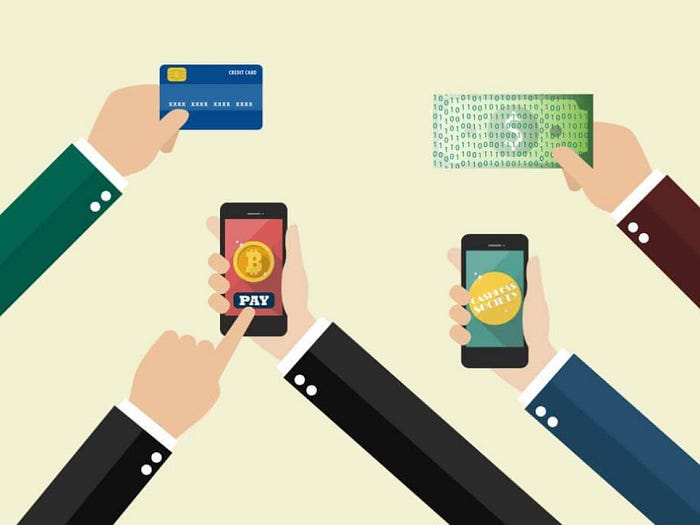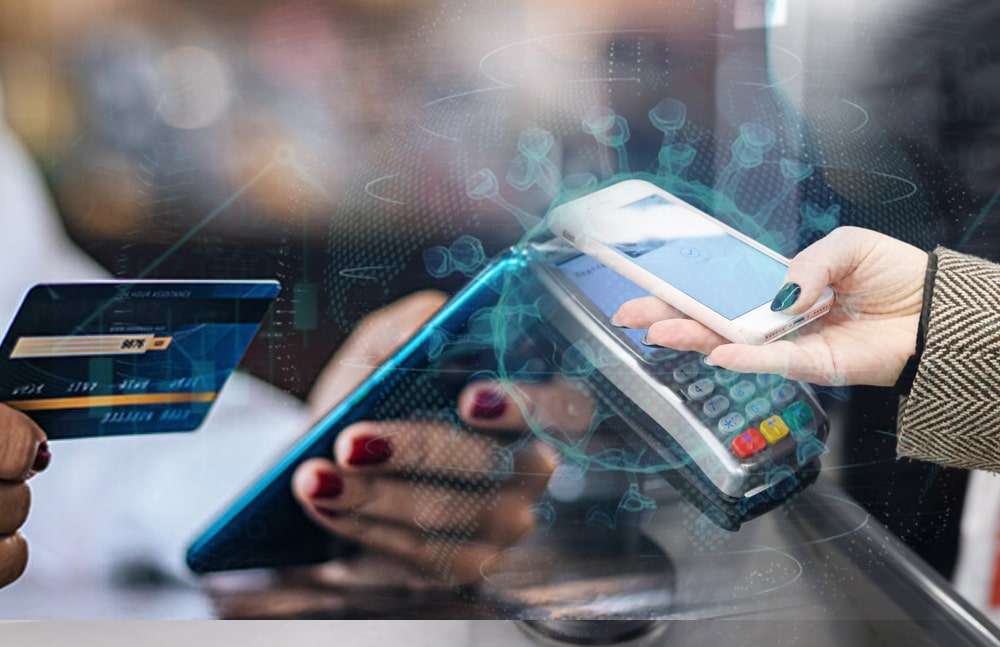Since the Coronavirus outbreak, public health emergencies continues to pile up, one thing is clear however: the economic and human impact of this virus is significant. It is important to analyse what the world would look like after the pandemic. It will change the way we live today and it will definitely affect the way we conduct business.
To begin with, Coronavirus has changed the ways in which consumers shop globally. They are more cautious about shopping in public places, and since many consumers are working from home, it is causing changes to the consumer buying behaviour. Sudden spikes in payment processing needs, consequently, might cause challenges in handling volumes for both merchants and payment processors.
As we see, with a sudden increase in e-commerce business, all other business verticals are also looking for methods of cashless transactions.
The traditional form of cashless transactions is the use of Credit/Debit cards. Dr. Susan Whittier, a clinical microbiologist at New York — Presbyterian Hospital at Columbia University Medical Centre quoted as:
“Cash is not a good vehicle to transport respiratory viruses, however, cards have a little bit more potential. If someone is coughing, and then they hand their credit card to someone across the counter, I wouldn’t rule out the potential of transmission.”
In general, studies indicate that plastic Credit/Debit cards can actually be a bigger problem when it comes to spreading the COVID-19 virus. Researchers point out that payment cards used in bars and restaurants may be taken from the table by a server, who may or may not be following the precautionary hygiene protocol signs placed in the restaurant. Sometimes, they are placed on a surface like a bar or cashier’s stand. Cashiers may take the card at the register to swipe it, adding you to the routing list of germ profiles they’ve contracted that day from other cards, cash and coins, not to mention anything else they’ve touched that could harbour a potential virus or bacteria.
Simply put; there’s a need to find other cashless solutions to avoid potential hygiene issues that come with using banknotes and cards being a carrier for the virus. The multiplier effect is more as one transaction is handled by multiple people. There is also the psychological factor as there is growing concern that keeping cash is a health hazard in the current pandemic consequently it might further bolster the need for digital payments over cash.
China, the epicenter, of the Novel Coronavirus saw a sudden increase in electronic payments with the help of mobile payment systems like WeChat and Alipay — reaching $41 trillion annually which is 80% of all consumer payments. It is believed that electronic payments solutions helped controlling the spread of the Coronavirus.

What makes electronic or cashless transaction more appealing from a COVID-19 viewpoint is that apps and mobile wallets allow consumers to make in-person payments without contact with another person.
Electronic Blockchain based payment solutions as an alternative to Debit/Credit card usage are potentially the key to ease the spread of this virus. Blockchain based payment solutions allow for contactless transactions along with security, verification and authentication on both sides of the trading spectrum, using the Blockchain with Escrow features will allow for faster, easier and efficient trading mechanisms.
Unfortunately, in United States, major mobile payments apps had adoption rates of less than 10% while other European and Asian markets show the same trend.
“Coronavirus impact on fintech is a double-edged sword,” said Max Friedrich, analyst at ARK Invest. “Most payment providers also have exposure to payments in physical store.”
On the consumer banking side, online options and applications from traditional banks could see more adoption. As people self-quarantine, they may avoid bank branches too, not only do these solutions protect the front-end bank employees, they also help spread the disease to other branch customers. This allows for smooth banking operations to continue in a gloomy global economic forecast.
“I think this is an opportunity for a move to digital,” said Peter Gordon, executive vice president and head of emerging payments at U.S. Bank. Gordon added that Zelle, PayPal, and online banking could see a boost. “I believe this crisis will accelerate and move people to utilise all forms of digital financial services.”
The Covid-19 pandemic is turning out to be the greatest global economic crises with its ripple effects far exceeding the Great Recession of 2008–2009. As the world prepares its self to survive the upcoming economic turmoil; both the Industry Giants and SMEs are moving towards smarter, faster and more secure/safe payment methods like online payments or mobile wallet payments.
Blockchain-based cryptocurrencies may have seen a slight decline in its trading in the previous financial year. However, Blockchain based payment solutions provide a secure, authenticated, contactless, hygienic and efficient trading system for all stakeholders.
In these times contactless electronic payments are the need of the hour in this pandemic and a faster rate of adoption not only in the G-10 countries but in emerging economies would stifle and mitigate the effects of a looming global recession.
Stay safe, practice social distancing and let’s make this world a better place.

